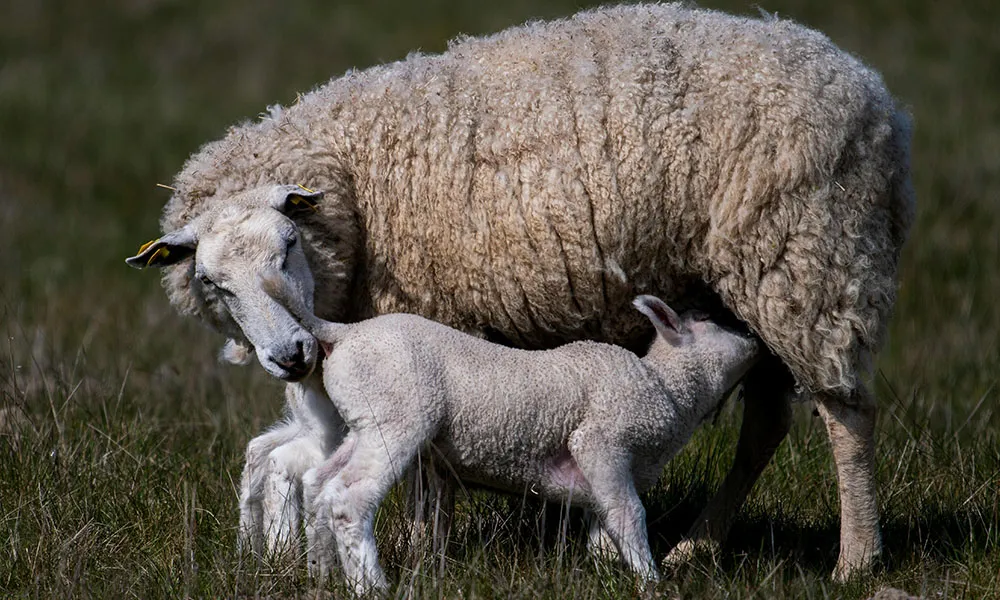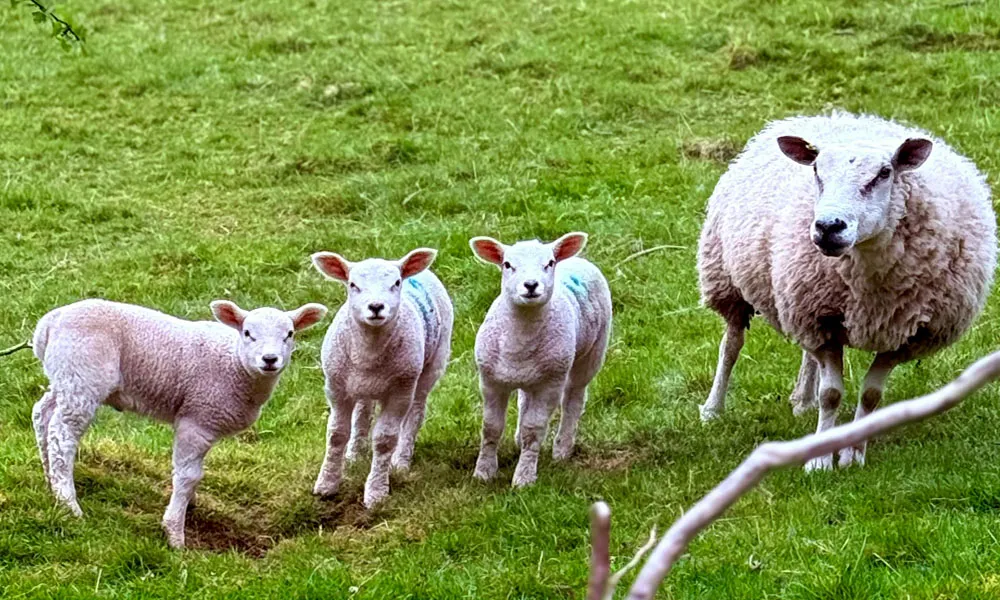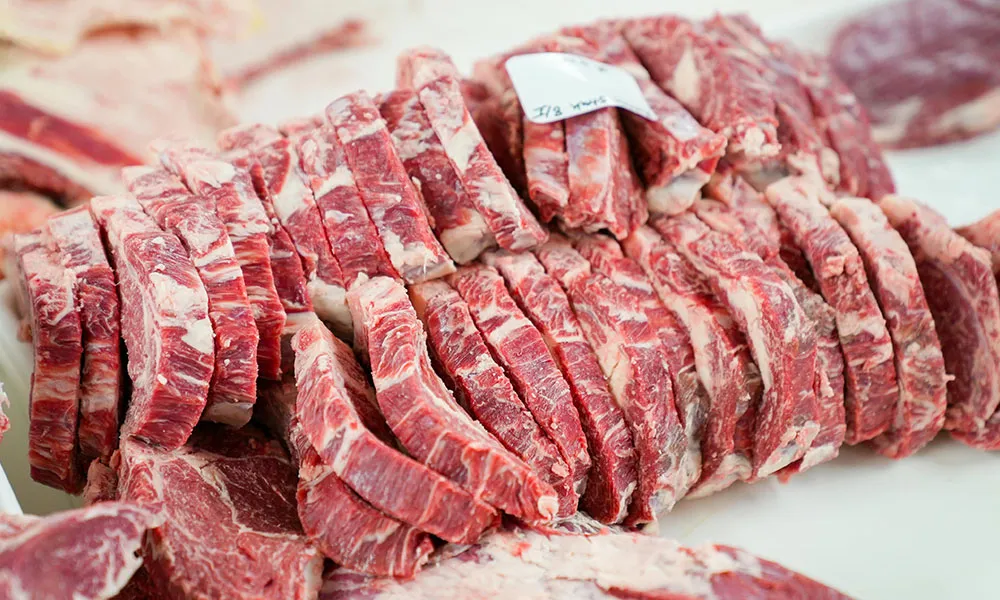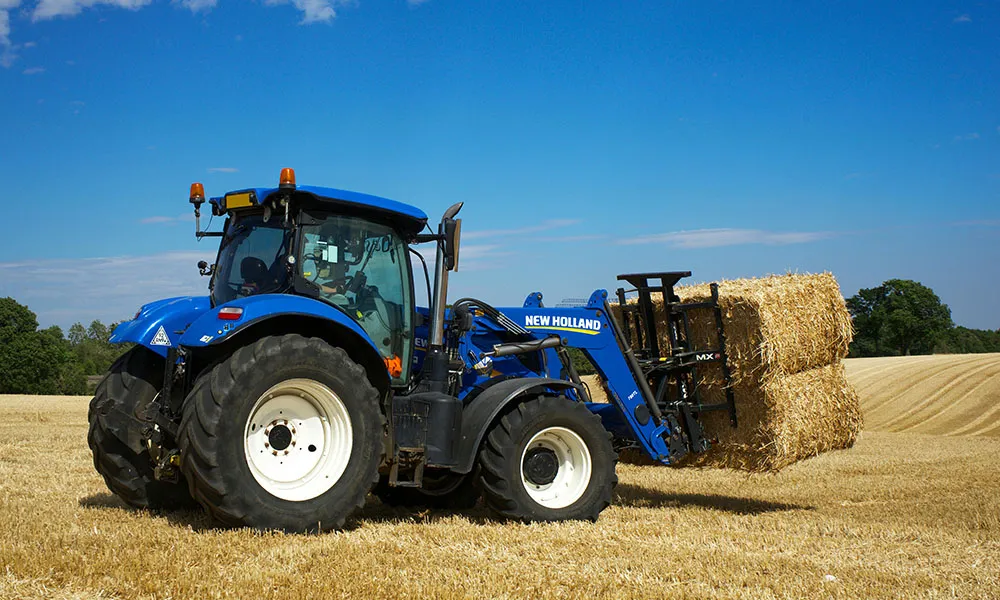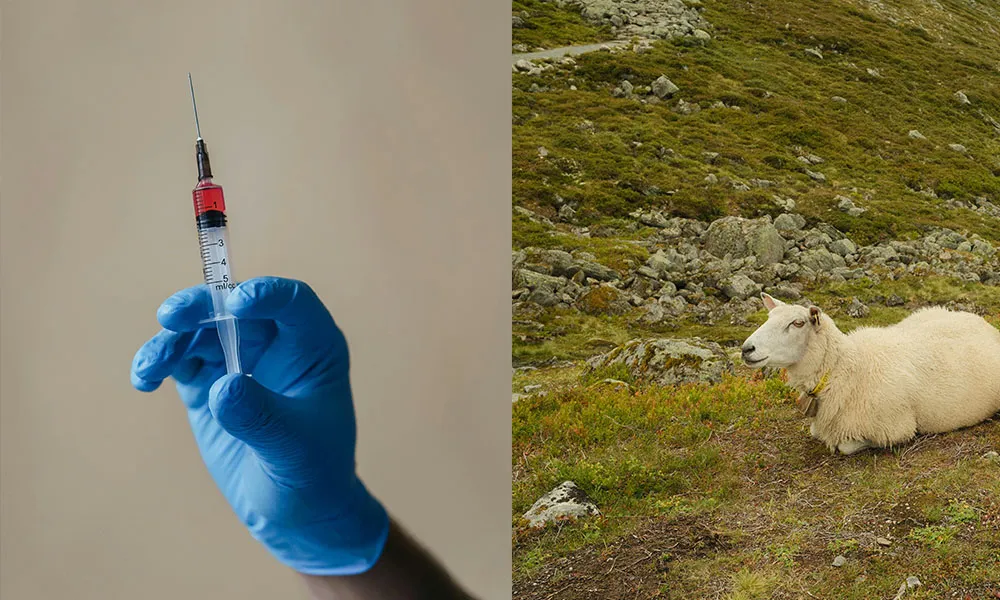
New antiparasitic restrictions under fire
As the Government prepares to introduce new prescription rules for antiparasitic medicines, farmers, farming organisations, co-ops and licensed merchants all argue that the proposals are unworkable and fail to recognise the realities of Irish farming. Among the most vocal of these critics has been the Irish Cattle and Sheep Farmers’ Association (ICSA), which has consistently urged Minister for Agriculture, Food and the Marine, Martin Heydon, to reconsider the proposed rules.
New deadline, same old problems
The proposed changes to rules regarding the acquisition of antiparasitic animal medicines are due to come into effect on 1st December, 2025. If implemented, they will block the sale of these medicines to farmers who don’t have a veterinary prescription. Critics of the move say this will place additional cost and time burdens on farmers, and will decimate many small and medium sized businesses engaged in the sale of antiparasitics.
Government evidently recognises the problems associated with rollout of the plan, which has been delayed several times. The latest extension to the transition period for so-called “up-regulation” of antiparastic medicines to “prescription only” status was announced on Monday, 21st July. The Minister described the most recent extension as “definitive”, and said it represented his “continued support for stakeholders” as they complete the transition to digital prescriptions via the National Veterinary Prescription System (NVPS). Government argues that this system will ensure alignment in the prescription and supply chain network.
Farmers call for a complete rethink
Farmers and farming organisations have asked the Department to completely rethink the planned approach to regulation, which they regard as unworkable and out of touch with on-farm realities. While fully supporting and advocating for responsible use of antiparasitic medicines, they are extremely reluctant to support any plan that will centralise prescriptions through the NVPS.
“Farmers will face delays and higher costs” - ICSA
According to John Barron, Chair of the Irish Cattle and Sheep Farmers’ Association (ICSA), the plan will raise costs for farmers and harm existing local supply chain channels. “This is about farmers being able to get essential animal treatments when they need them,” Mr Barron said. “If these changes go ahead as planned, farmers will face delays and higher costs.”
A plan that puts jobs and businesses at risk?
Aside from placing additional costs on farmers, it is clear that the proposed plan will have a detrimental impact on local businesses, many of whom have been selling antiparasitic medicines for decades and have done so responsibly. Some businesses have invested heavily in providing training for staff engaged in the sale these medicines, and are qualified to provide guidance to farmers on their safe and effective use. Under the current proposals, many of these businesses and their staff will be at risk.
Stakeholder consultation needed
Consequently, the ICSA and other farming organisations, as well as representatives of local businesses and co-ops, are calling on the Government to conduct a thorough consultation with all stakeholders, rather than simply taking advice from vets. They believe that a rigorous consultation process would result in a plan that works in practice for everyone.
“This is a chance to get it right,” Mr Barron told Agriland in July. “That means keeping licensed merchants in the supply chain and finding a system that actually works for everyone.
"This can’t just be a delay to push through the same flawed plan. The minister must listen and go back to the table. We need a system that works for farmers, vets, and merchants alike."





